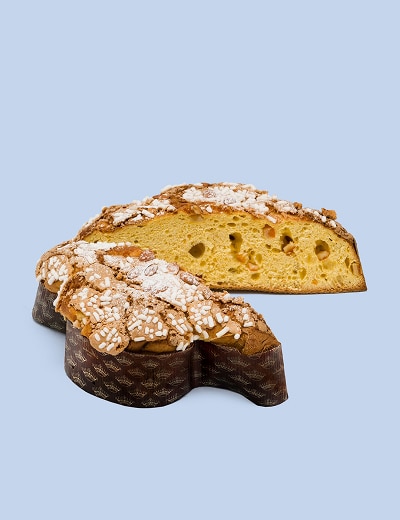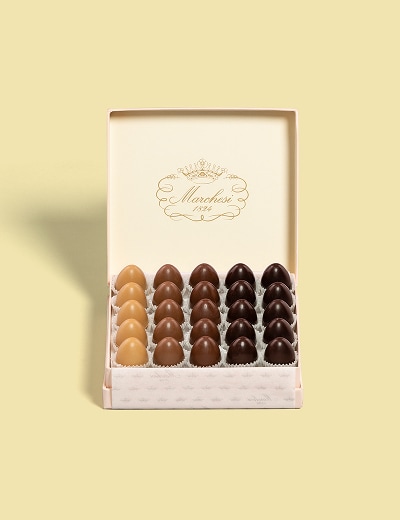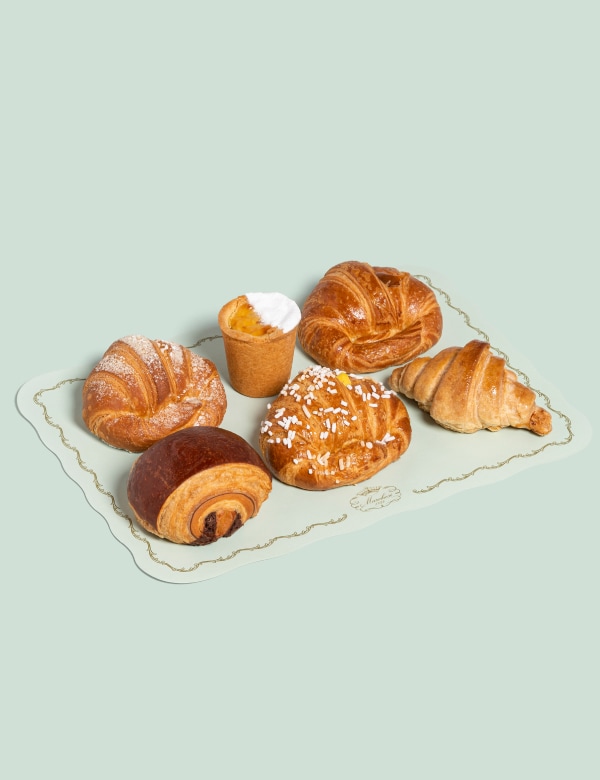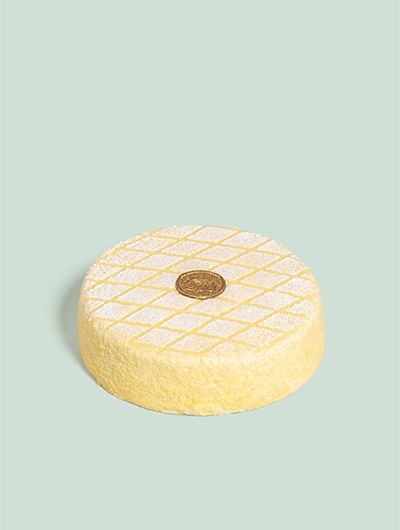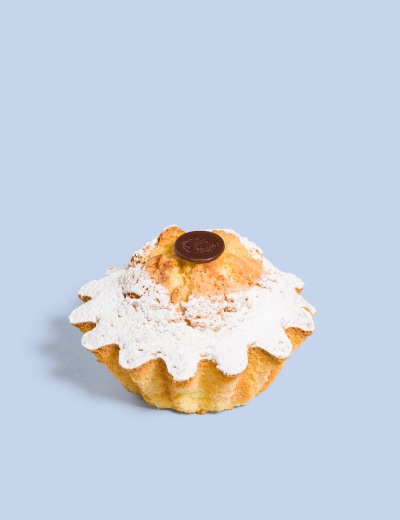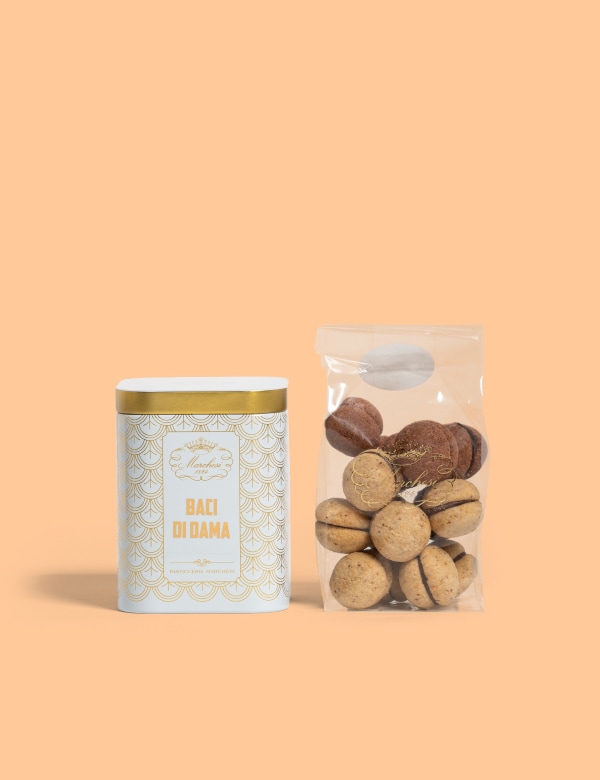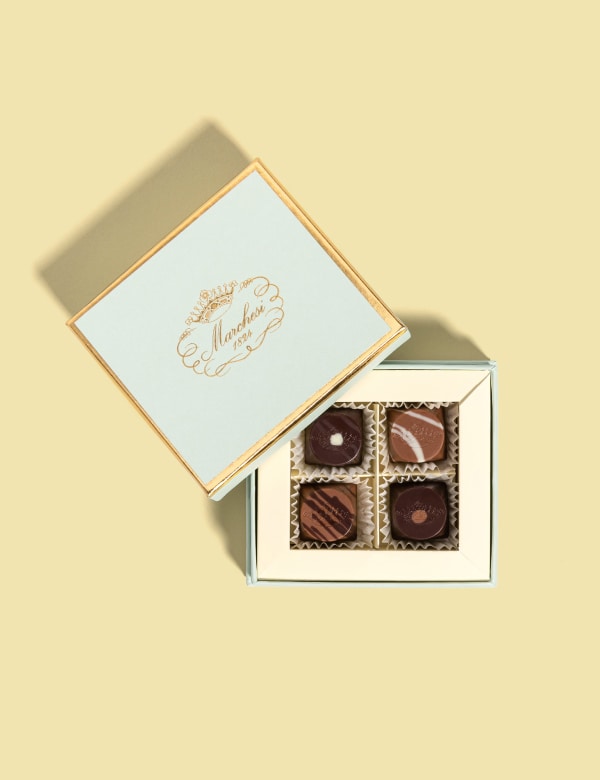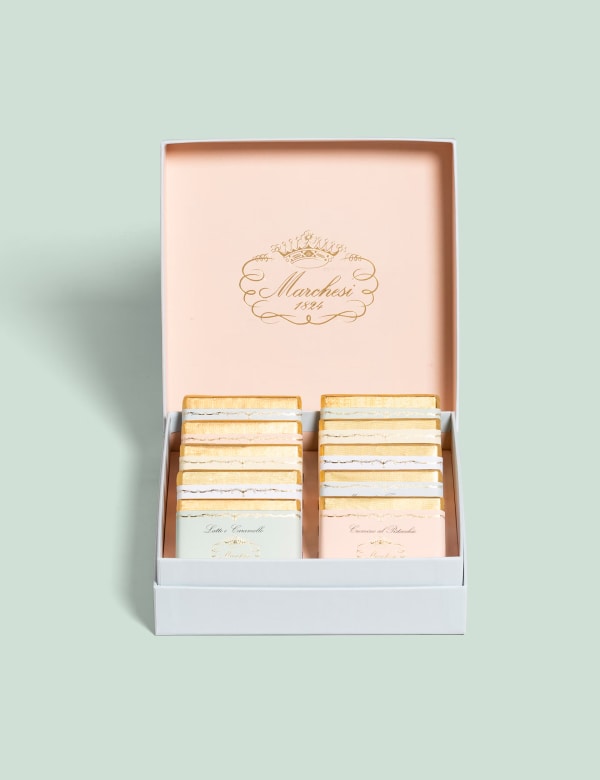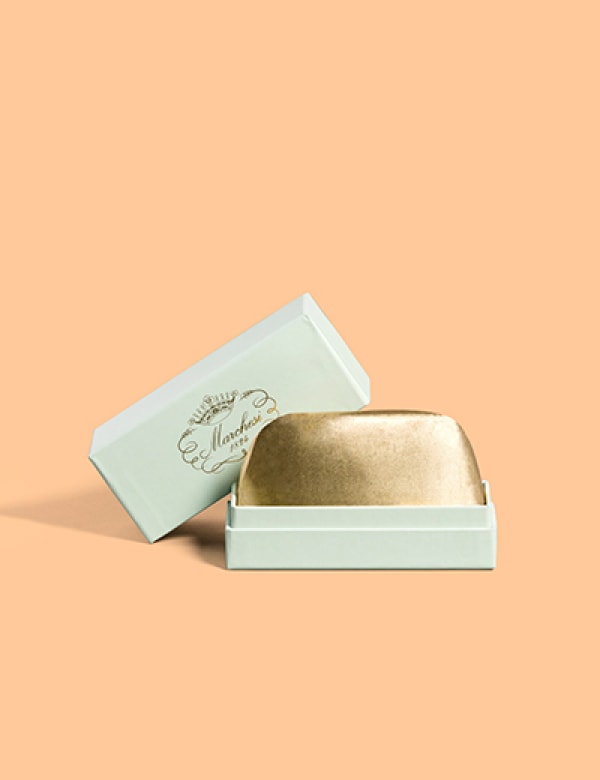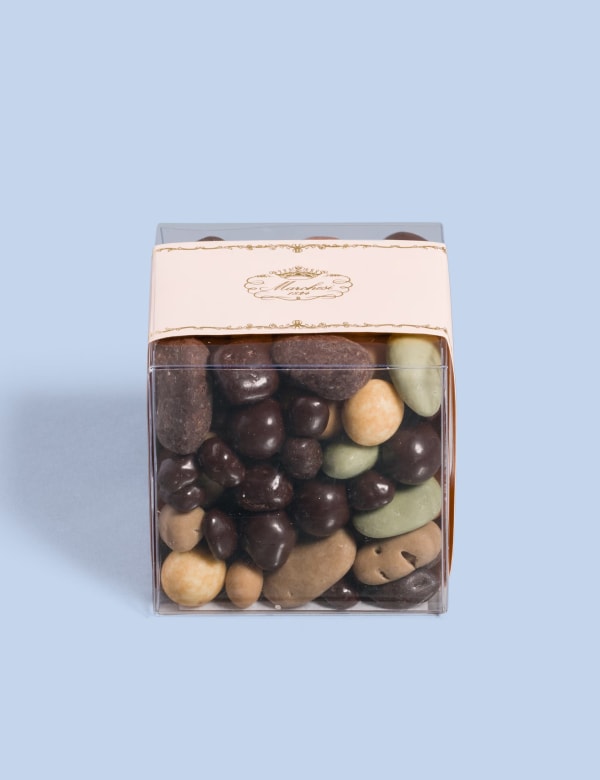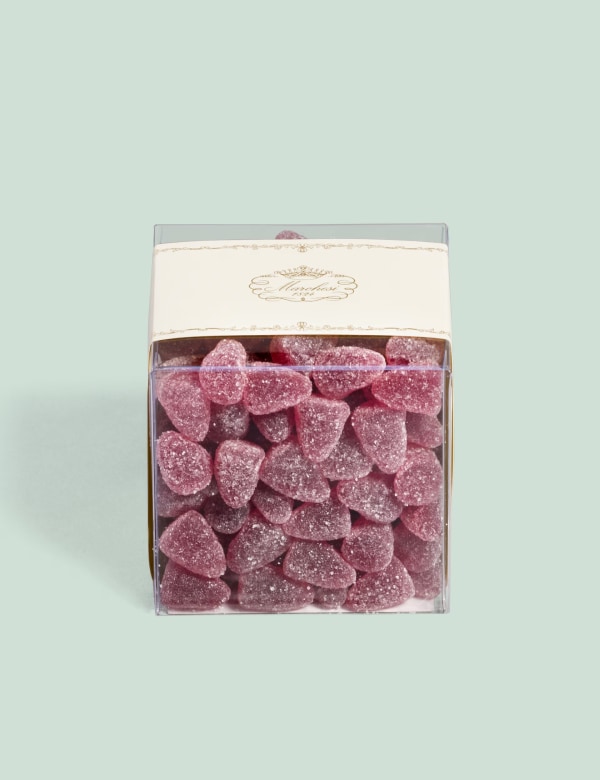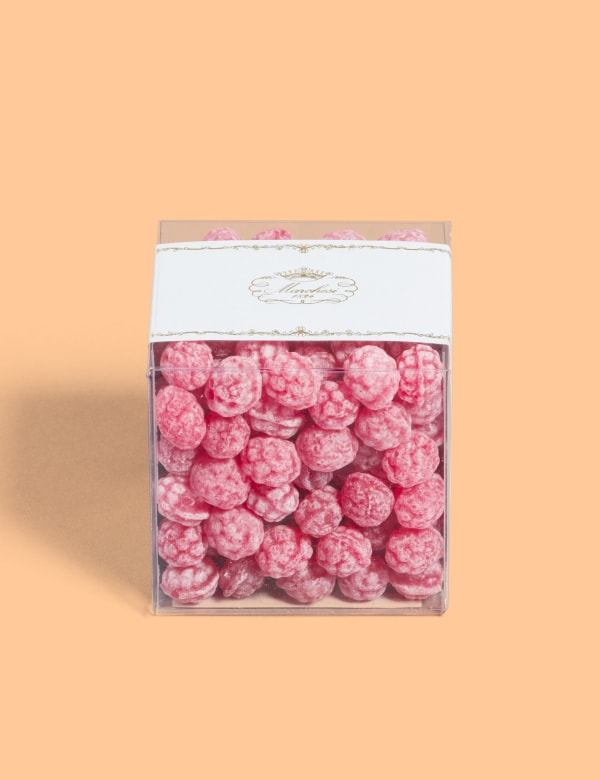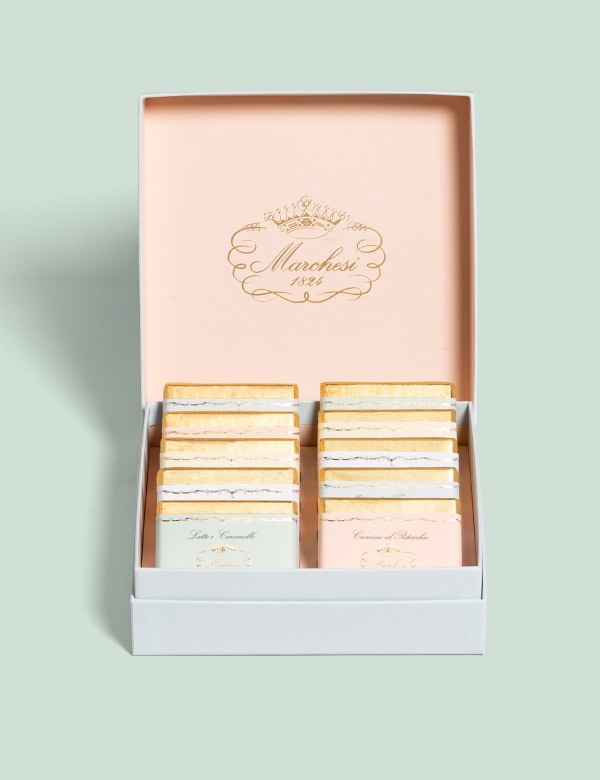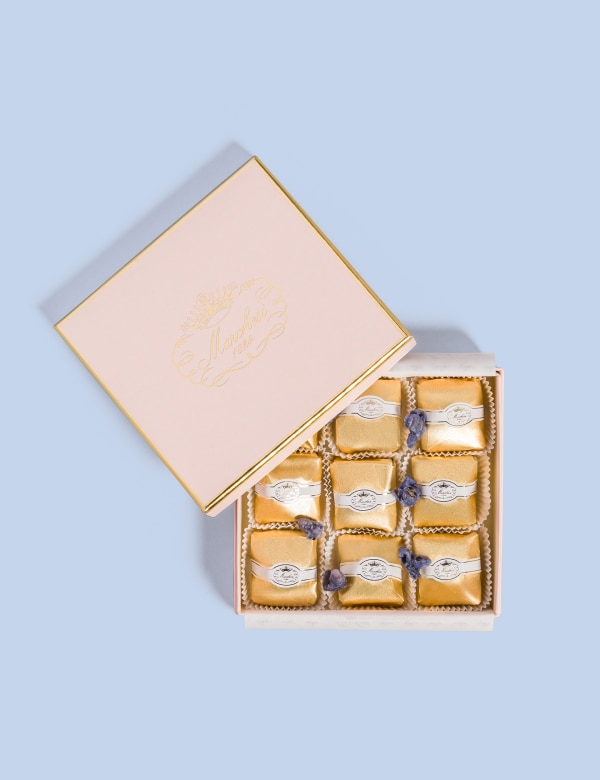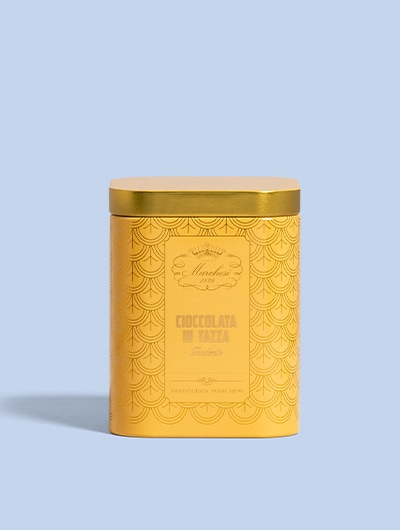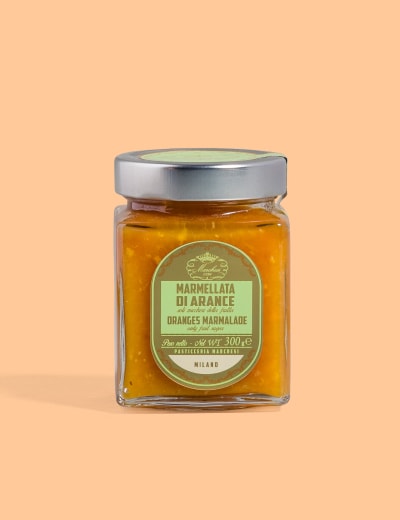
While the pistachios included in the creations of Marchesi 1824 are always deliciously fresh, the pistachio itself has been cultivated and consumed for nine millennia or more. And the history of this famous nut is as rich and distinctive as its flavour.
With archaeological evidence linking them to our diet since around 6750 BC, and a glowing mention in the Book of Genesis, pistachios can proudly claim their place in the earliest chapters of human history.
Their long journey from the ancient world to the kitchens of Marchesi 1824 begins in the Middle East. Here, pistachio trees have grown since the dawn of time. Used as an ingredient in both sweet and savoury dishes, the nuts were considered both a delicacy and a symbol of wellbeing.
The Queen of Sheba is said to have adored their buttery richness, requisitioning the entire national production for her own consumption. It is even claimed that pistachio trees grew in the mythical Hanging Gardens of Babylon.
Such legends aside, the pistachio was undoubtedly highly valued in ancient Persia (modern-day Iran), where owning or trading them was a source of considerable wealth and status. So it is no surprise that after sweeping through the region with his all-conquering army in the 4th century BC, Alexander the Great brought the pistachio back to Greece with him.
The adventurous nut continued to travel, reaching Sicily in the 1st century AD, when the ancient Romans finally got to taste its earthy goodness. It was love at first bite, and pistachios have been cultivated in Italy ever since.
In terms of quantity, Iran remained the world’s biggest producer of pistachios right up until 2010, when the United States took that title. In fact, the fertile soil, dry climate and moderate winters of California’s Central Valley offer ideal growing conditions.
Focusing on quality, on the other hand, Marchesi 1824 favours naturally grown pistachios from Sicily, selecting only the very finest nuts for its cakes, chocolates and other creations.
We hope you enjoy them as much as the Queen of Sheba did.

